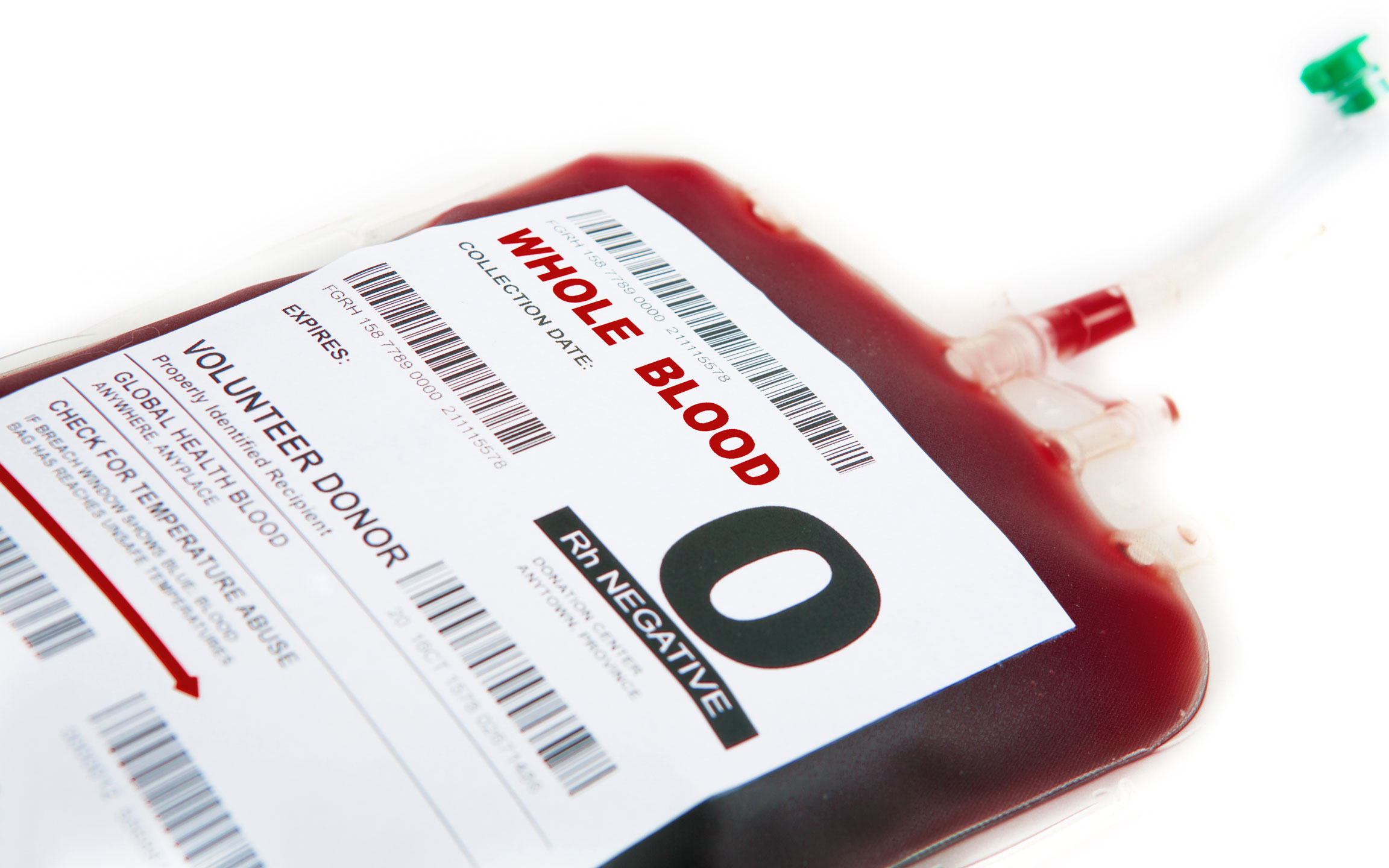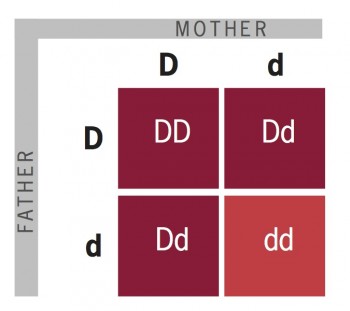
Can two Rh-positive parents have an Rh-negative child?
Your Rh status (positive or negative) is determined by an antigen found on your red blood cells (RBCs). Being Rh-positive or Rh-negative means that either you have the Rhesus D antigen on your RBCs (positive) or you don’t (negative).
Rh status is inherited from our parents, separately from our blood type. If you inherit the dominant Rhesus D antigen from one or both of your parents, then you are Rh-positive (85% of us). If you do not inherit the Rhesus D antigen from either parent, then you are Rh-negative (15% of us).
So, is it possible for two people who are Rh-positive to produce a child that’s Rh-negative? The answer is yes — but only if neither parent passes along Rhesus D.
The simple Punnett square here demonstrates how this is possible.

If both parents are heterozygous for Rh (Dd), then there is a 25% chance that they can have an Rh-negative child (dd)
So why does this Rh status matter?
There is a constant need for all blood products to treat patients, but in cases of emergency trauma, when there is no time to determine the patient’s blood type, or in cases where pediatric patients need blood urgently, they are given O-negative blood. This is because O-negative is the universal blood type, meaning any other blood type may receive it (see our blood type compatibility chart here). This can quickly deplete the stores of O-negative that blood centers have on the shelves. And while 45% of the population is type O, less than 7% is O-negative. So as you can see, the most needed type of blood is also the hardest to collect.
Not sure what your blood type is? Make an appointment at https://sbcdonor.org/ and we can tell you! You’ll also help save up to three lives.
Original publish date, July 10, 2013. Updated October 2018.
